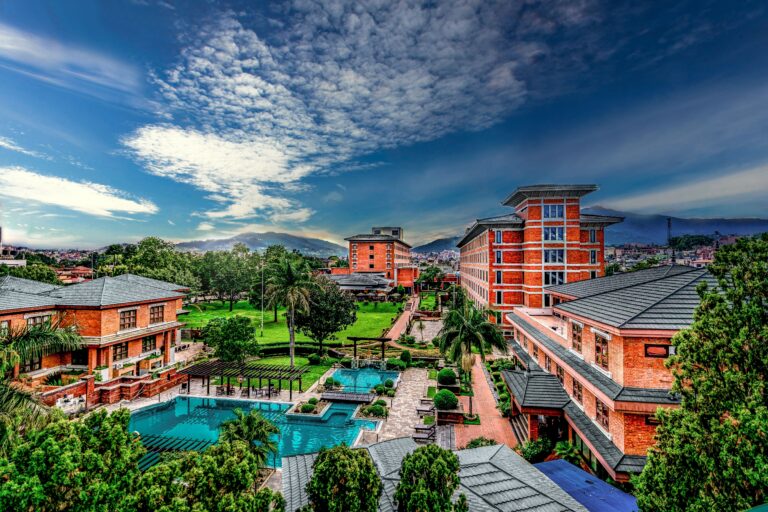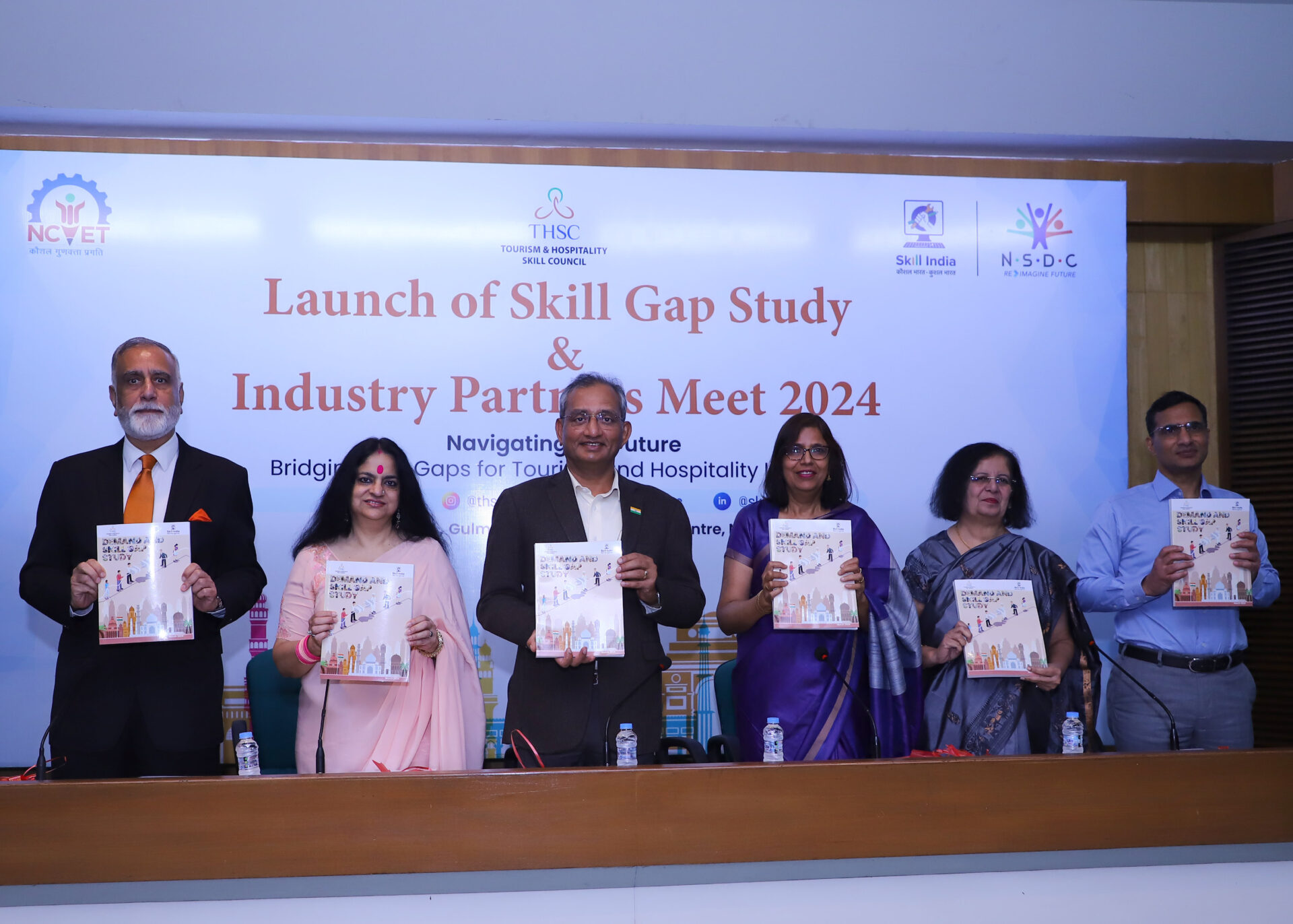
By Aakanksha Joshi, Partner, Economic Laws Practice; and Megha Agarwal, Principal Associate, Economic Laws Practice
The hospitality industry in India is, along with other industries, currently grappling with the second wave of the Covid-19 pandemic. Just when things were beginning to look up, the sector was faced with the challenge of the second wave. While there has been no nationwide lockdown like the first wave, various State Governments have imposed strict curfew and other travel restrictions. Hotels in such states have been permitted to operate only for in-house guests, residents or staff. Further, the consumer sentiment has also been low on account of the surge in infections. As a result, occupancies and revenue have been at an all-time low and unlike the previous wave, no reliefs such as loan moratoriums have been granted. At such time, the Maharashtra Government’s decision to enable hotels that are not registered with the Ministry of Tourism to avail the benefit of the ‘industry status’ comes as a welcome relief.
In November 2020, the Maharashtra Cabinet had granted ‘industry status’ to the hospitality sector. The decision had indicated that with effect from April 1, 2021, hotels registered with the central Ministry of Tourism, would be charged electricity rates, electricity charges, water charges, property tax, development tax, additional floor space index and non-agricultural cess at industrial rates. As for hotels not registered with the Ministry of Tourism, it had been indicated that a criterion would be finalized pursuant to determination by an expert committee. The Maharashtra Government issued resolutions in December and January to give effect to the aforesaid decision.
Apropos to the aforesaid, the Maharashtra Government recently issued a government resolution (available here) indicating the criteria and procedure for obtaining basic minimum standards by the hotels who are not registered with the Ministry of Tourism. Such hotels need to meet the criteria prescribed in Schedule A of the resolution and submit an application (available at www.maharashtratourism.gov.in). The resolution indicates both mandatory and discretionary requirements. The mandatory criteria are in terms of amenities of specified areas, equipment of guest rooms and bathrooms, public areas, rooms and facilities for differently abled guests, kitchen area, hotel staff and related facilities, code of conduct for safe and honourable tourism, guests services and safety and security.
Applications are to be submitted to a committee to scrutinize compliance of the requirements based on a site inspection. Post this, based on the committee’s report to the Director, Tourism Directorate. The Director, Tourism Directorate will then decide whether the hotel can be registered. An appeal would lie to the Principal Secretary, Tourism, whose decision would be final.
The resolution also prescribes the criteria that hotels need to meet in order to avail the ‘green status’. Such status would be conferred to hotels who meet 10 mandatory conditions out of the 43 that have been prescribed. While, such criteria are not needed to be met for seeking registration for the ‘industry status’, the resolution is silent on the benefits that would accrue pursuant to such status The criteria for availing the ‘green status’ has been classified under the heads of sustainable management practices, eco-friendly infrastructure, other practices and customer engagement.
Hotels in Maharashtra that meet the criteria specified in the Government resolution may consider applying for registration in order to avail the aforesaid benefits of the industry status. This would help bring down operating expenses significantly as rates prescribed for the industrial sector are lower than those for the commercial sector.
To sum it up, the aforesaid decision of the Maharashtra Government will play a major role in helping the hospitality industry’s revival from Covid-19 in the State. This decision should offer some relief in terms of the fixed costs incurred by hotels. We hope that other State Governments also pay heed to the aforesaid decision and follow suit..
Recently, the Reserve Bank of India opened a separate liquidity window of INR 15,000 crores for certain contact-intensive sectors i.e., hotels and restaurants; tourism – travel agents, tour operators and adventure/heritage facilities; aviation ancillary services – ground handling and supply chain; and other services that include private bus operators, car repair services, rent-a-car service providers, event/conference organisers, spa clinics, and beauty parlours/saloons. Given that the hospitality industry has been rallying for sector specific reliefs for a while now, this too should give the industry a ray of hope.
The hospitality sector employs a significant number of workforce and has been severely impacted by the pandemic. Thus, it is the need of the hour that all concerned work towards relieving the plight of the sector and obviate further job losses.






